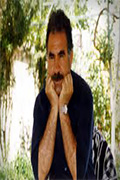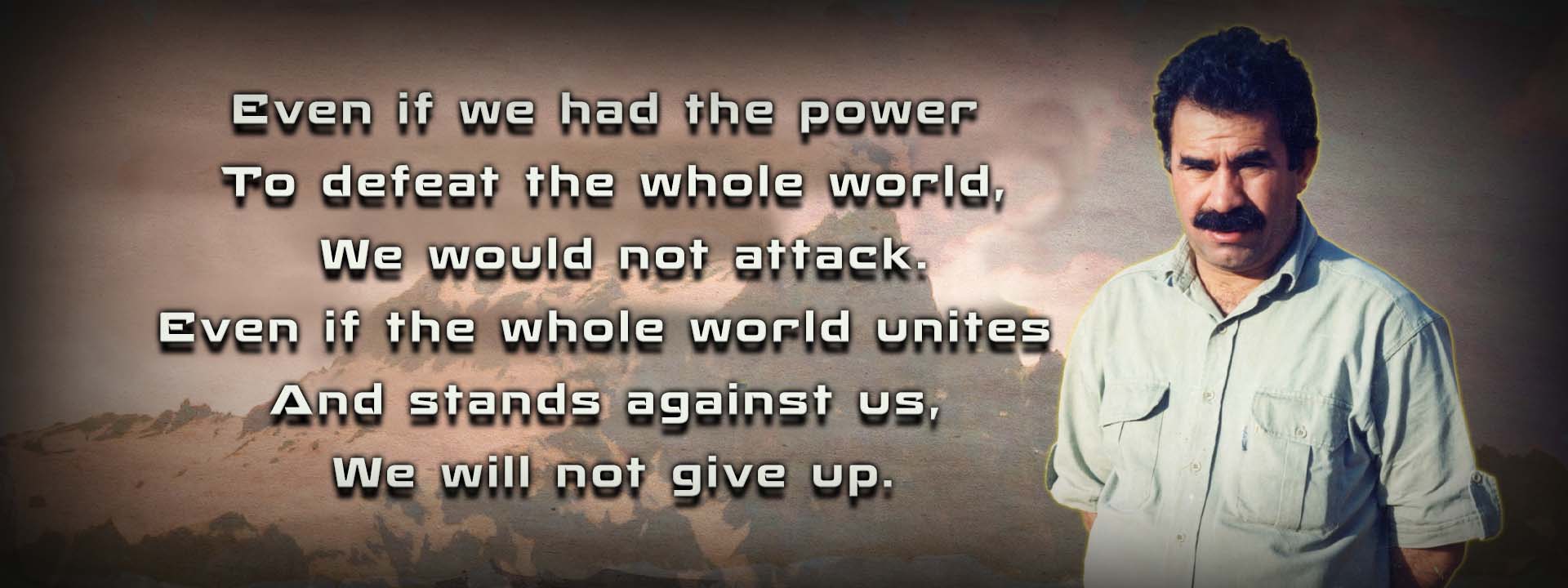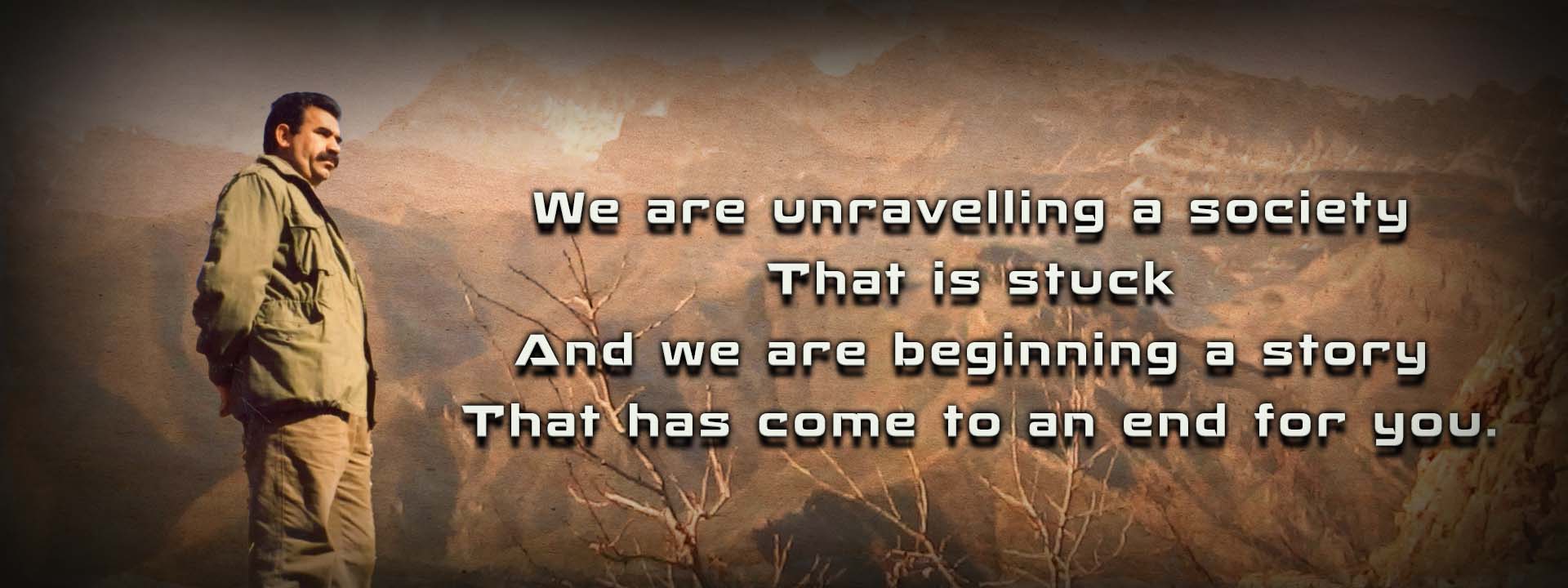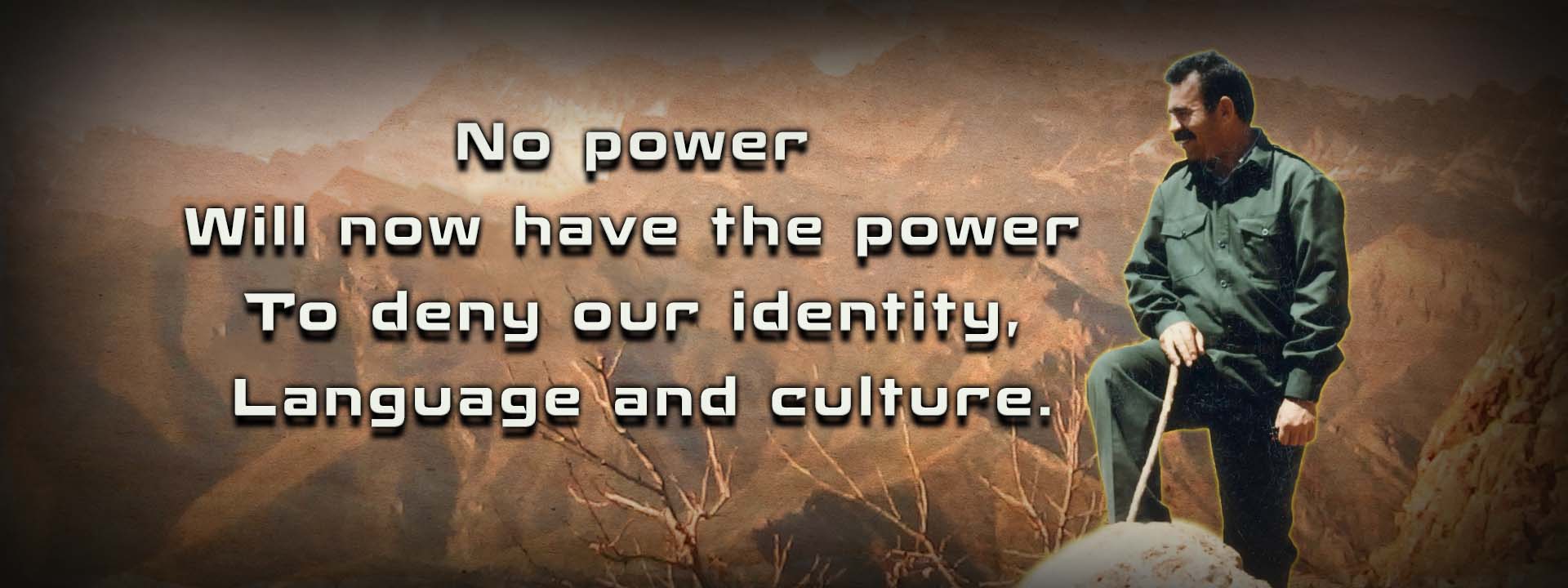 On Thursday 5 December 2013, The Guardian published an editorial article on the occasion of Nelson Mandela’s death. The article included a significant(!) comparison between Mandela and some other names like Jawaharlal Nehru, Aung Sang Suu Kyi, and me. As long as they approach the issue with a hegemon’s mindset, the potentates will certainly continue to make such comparisons among those figures wining the affection of their peoples. However, any comparison has its own inner problems.
On Thursday 5 December 2013, The Guardian published an editorial article on the occasion of Nelson Mandela’s death. The article included a significant(!) comparison between Mandela and some other names like Jawaharlal Nehru, Aung Sang Suu Kyi, and me. As long as they approach the issue with a hegemon’s mindset, the potentates will certainly continue to make such comparisons among those figures wining the affection of their peoples. However, any comparison has its own inner problems.
The time of the struggles, varying geographic and political conditions and even the characteristic differences between the figures will render such comparisons problematic. First of all, for me, being remembered together with a leader for whom all the world shed tears shows the extent to which our struggle line has taken universal dimensions. It also demonstrates the fact that our case couldn’t be explained as a struggle only against an unjust treatment.
Writing on the capabilities of a leader with exemplary methodsof struggle and negotiation just after his death needs some more pondering on the history and politics of risk-takers, in order to get a better understanding of the conditions of those who haven’t been afraid of struggling in the front line throughout history.
There are clear-cut differences between the front-line strugglers and deskbound analysts. The greatest difference is to witness the death of your comrades and your people, live the experience moment to moment, and do right and wrong. Restricting the esteem and dignity of such an important leader with ‘the prison’ is a beleaguered approach which holds in contempt the self-realized political struggle of a people with over 40 million population voluntarily approving this leader as the representation of their own will. How objective and just would it be to turn a blind eye on the national identity the Kurdish people have achieved after a 40-year-long freedom struggle, and on our peace efforts for a democratic solution to the Kurdish question.
Comparing me with Nelson Mandela in your article, you had referred to me as “feared and worshiped”. Here, not only can I see more easily the writer’s desire to be the state chronicle of a history which tramples on the world’s oppressed, but also I discern the codes of the purposive enmity harbored against both of the compared figures, whose only resource for facing the enslaving, massacre and denial policies are their own self-belief.
It is too evident to need proof that a person who has spent the last 14 years of his life in a prison-island alone and under solitary confinement can be a “source of fear” only for those who have put him into chains. The chains speak for themselves ….
In reply to those who, instead of analyzing the fear spread by the hegemons, are busy giving advice and teaching lessons to those struggling against these hegemons, I should say, in all modesty, that Dear Madiba and me have more parallels than contrasts.
Everybody knows that the ordeal succeeded in facing the Apartheid regime was an accomplishment of not only the South African people, but at the same time of the leader in whom they had unsuspectedly confided their fate. No matter their numbers, the many ludicrous comments made on Mandela’s credibility come from the quarters which adopt a remote and trivial approach to the ‘struggle of the oppressed’ rather than making a close and reasonable analysis.
The self-organization processes of the communities subjected to suppression and discrimination would differ from the common practices, especially when they begin to make a true analysis of the notion of capitalist modernity. Traditionally, the organizational options of ‘the book’ are already known. But time proceeds forward and circumstances change, in company with historical determinism. Changing conditions will bring about changes in the behavior and attitude of individuals and organizations, either captive or free. When it comes to the PKK, instead of bringing about pragmatic progress, these changes have led to the political and ethical progress for a movement which has transformed itself on the basis of the struggle for democratic modernity and the developing direct democracy examples in
the world.
The 12 september 1980 fascist coup followed by many organized coups against our community as well as the international conspiracy act against me and our movement share one thing in common with other interferences in other struggles of the oppressed; and that is the silence of the international community in the face of these interventions. Despite the progress in the international democratic standards in the 21st century, due to the state propaganda characteristic of the international conspiracy, the dehumanization of the struggling leaders held captive still continues, based on poor intellectual standards.
How odd it is that a credible newspaper in Britain has not noticed the recent democratization progresses that we have made in Mesopotamia. As far as the approach is concerned, I hope it to be only ‘odd’, not more. Looking at the general approach of the article, what I see is not only the “oddness”; rather, every line is a dead giveaway to a hierarchic and ‘from above’ viewpoint.
Here, those opposing peace are accusing us of starting negotiations, are dehumanizing me in the eyes of the new generations and defaming our movement which has adopted peace and settlement as its main principle. They are running and organized activity to blacken the reputation of our efforts for democratic modernity. How odd it is that racist notions and old propaganda rhetoric which have even lost their reputation in Turkey are still being repeatedly
covered in the international press.
The only topic to be discussed after Mandel’s demise should be the Apartheid, a regime which history would remember only with shame. Nobody would keep a memoir of Apartheid and its leaders; nobody would shed tears for them; whereas Mandela has become a shining star for the peoples of Africa. Our historical mission is to ensure the ever brilliance of this star for the peoples of the Middle East. The friendship developed on the basis of principled and political integrity between the peoples’ movements and particularly our movement, relies on the changing dynamics and the horizontal nature of their policies. To believe that these laws of goodwill and friendship have been developed on the basis of fear can only be explained by having no knowledge about the metamorphosis eras the Kurdish political movement has undergone and failing to observe its democratic inner reflections of the peaceful and negotiating perspective of this movement.
Likewise, negotiation and struggle are both important processes in determining the future of peoples’ movements and those leading these processes are figures winning the confidence of the peoples, not ‘feared’ ones. If not so, it wouldn’t be possible for these movements to be represented both in the parliamentary system and the local politics , as it wouldn’t have been possible to succeed in the years-long armed struggle.
My recommendation to the editorial board of The Guardian is to do more research and analysis on the role of the women in our political movement and the resulting transformative effects. Then, they would certainly encounter such an infinite experience so as to take off their colonialist hat, though ashamedly.
Abdullah Ocalan
The Prison Island of Imrali
AN OPEN LETTER TO ‘THE GUARDIAN’
- Details



